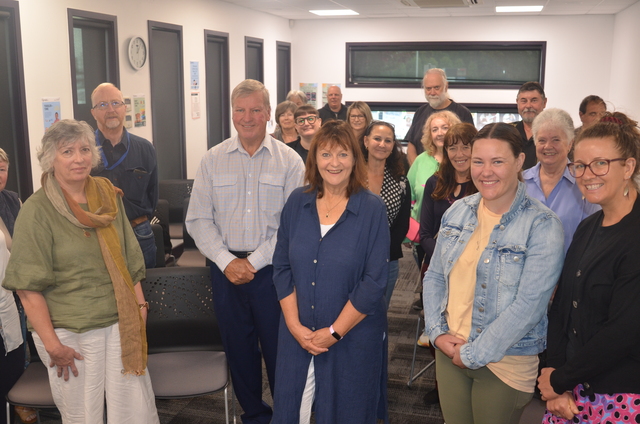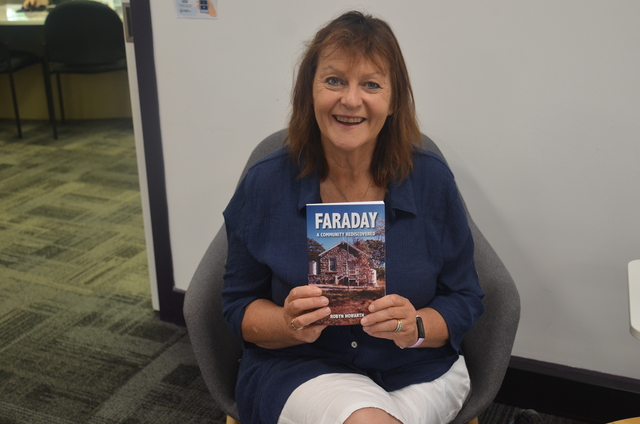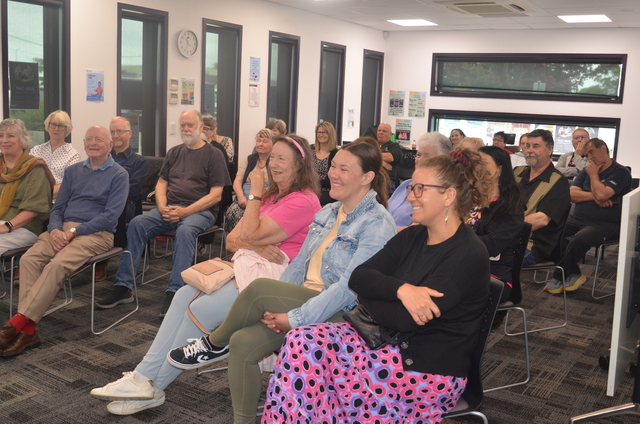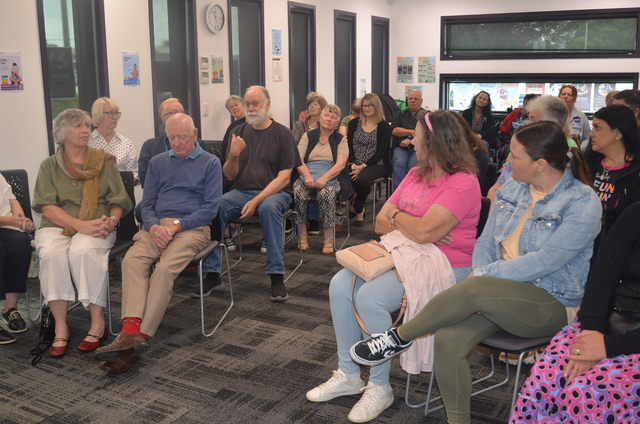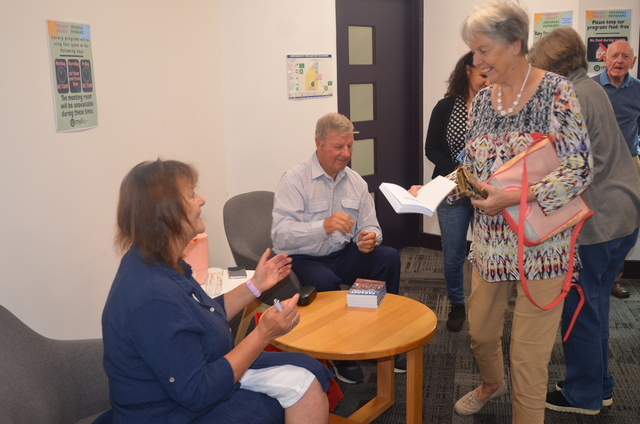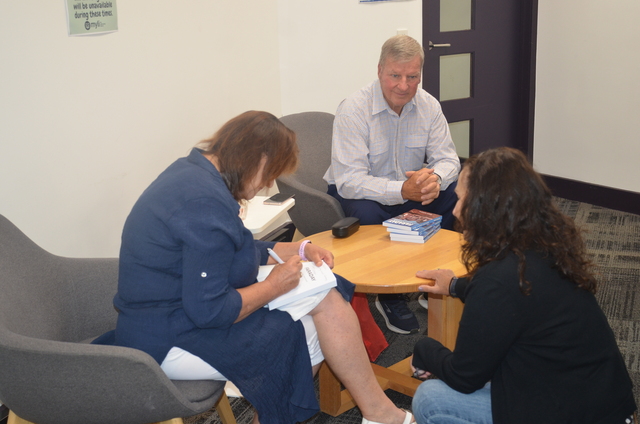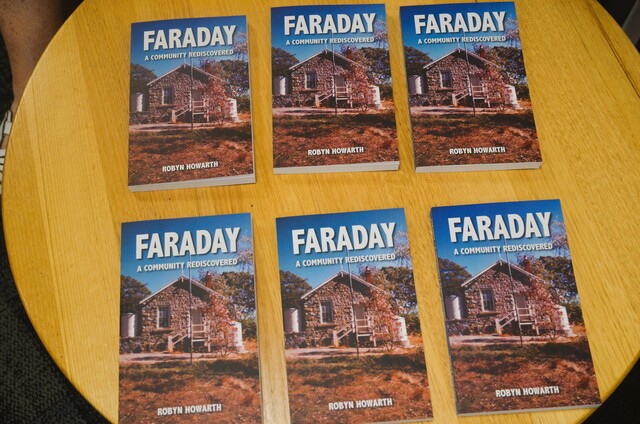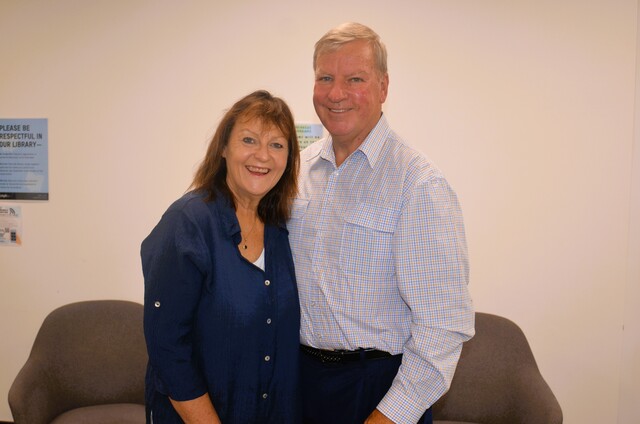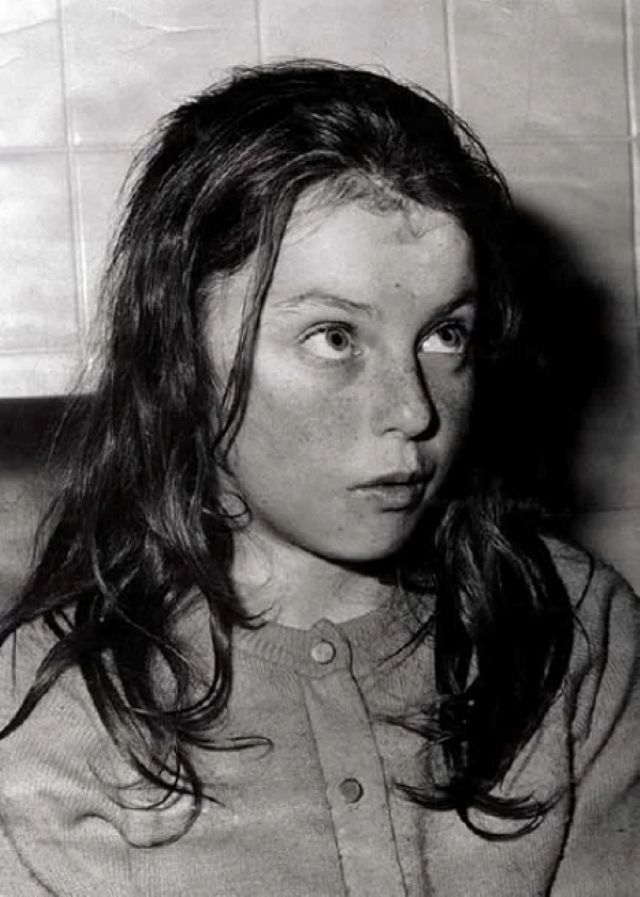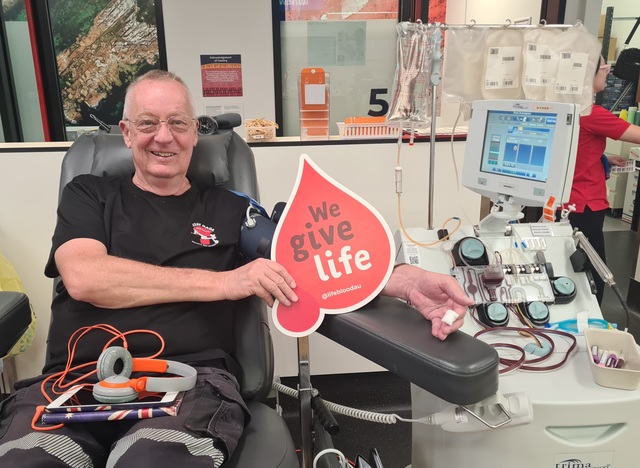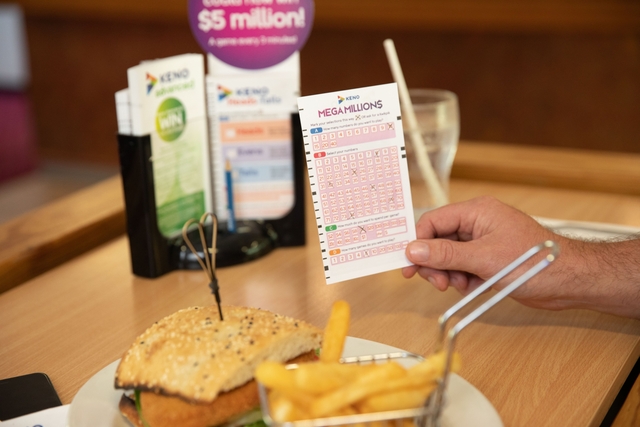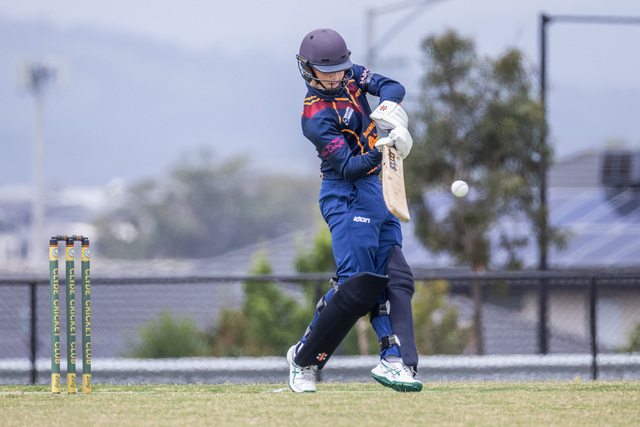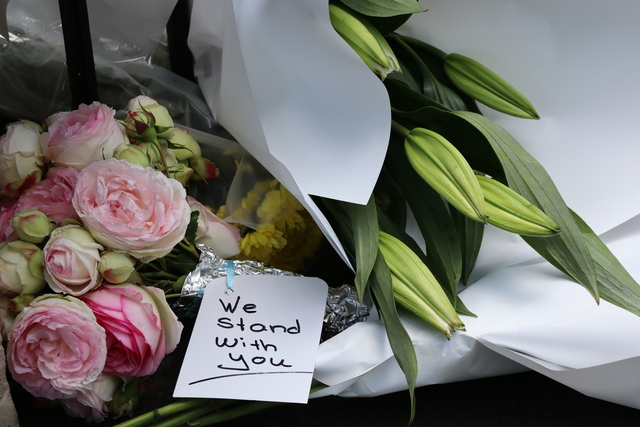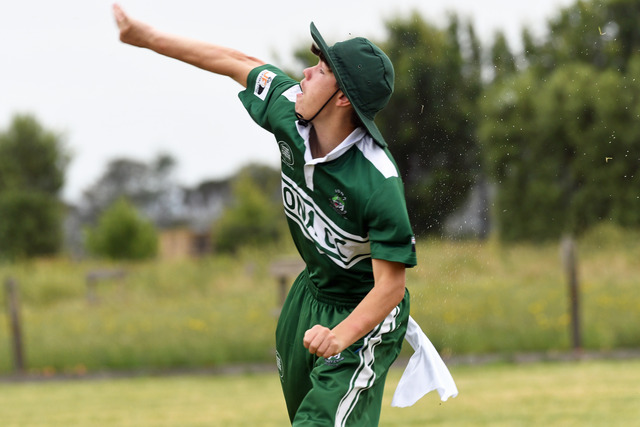Communities welcomed Robyn Howarth, survivor of the infamous Faraday kidnapping, for an author talk about Life in Faraday at the Pakenham and Emerald libraries on February 7 and 8.
Faraday is a beautiful part of the world, a small hamlet in rural Victoria, nestled under the serene gaze of Mount Alexander. Once, families of many generations proudly farmed their land, knew, and helped their neighbours, and, in the 19th century this community built a granite school building that would be known as the Faraday State School 797. It was a source of pride to the community and educated their children well. This school building provided the social hub for the community to gather, mingle, share stories, and celebrate events.
In 1972, the unthinkable happened, a heinous event occurred and was coined as the crime of the century, known as the Faraday kidnapping. Two masked men burst into the school room on Friday 6th October 1972 and kidnapped a young female teacher along with 6 female students, including the author Robyn and her sister Jill Reece.
This wicked act brought the Faraday community to its knees and thrust into the national spotlight in an insidious way. Their actions led to the closure of the school, and a loss of innocence was felt by the wider community. In the years that followed Faraday was forever known as that place where those kids were taken, and people would shudder when hearing the name Faraday.
It has taken Robyn 62 years to acknowledge with pride that she came from Faraday and was educated at Faraday State School 797.
52 years later Robyn has put pen to paper and written an account of not only the events of that fateful afternoon but the aftermath of the ordeal.
Robyn, who was 10 years old at that time, tells her story of life on the farm, that heinous event and the aftermath in the long road for justice.
Life in Faraday, Victoria before and after the infamous kidnapping is told through the lens of childhood trauma, and the effect it had on herself and her family.
“The story’s changed since I first started trying to write it,” she said. “I realised that I wanted to capture the rural view of losing your community, where the school was the only public building in Faraday, so everybody went to the school for all those public meetings and events. When the school was closed, the community lost their sense of identity.”
Faraday A Community Rediscovered, was launched last September at the Catalina Flying Boat Museum in Lake Boga.
The book launch had an enormous attendance with over 100 people attentively listening to Robyn’s story of her life in Faraday before the kidnapping, the impact the kidnapping had on her family and community, and life afterwards.
The author’s recent tour in Emerald and Pakenham attracted a diverse audience. Some attendees are true crime enthusiasts, while others are colleagues showing their support. Many also come to share their own experiences with trauma, creating a space for connection and reflection.
The book has provided a sense of closure, as the event was deeply distressing for many in the community.
“I’m really proud that I was able to capture our stories and reclaim the narrative of Faraday, that it’s our home, it was our community, and it is so much more than a kidnapping,” Robyn said.
“What has given me immense joy and pride is the number of people who have come to me privately after a talk like this and shared some of their stories or trauma that they’ve had in their life. They’ve said things like,’I’ve read your book, I’ve suffered from a post-traumatic stress disorder for years, now I’m going to go and get help’. So for me, that’s a really great outcome.”
The people that own the school now are starting up a Faraday Progress Association, trying to get the community together.
On a personal level, the book has strengthened the bond between Robyn and her sister, sparking conversations about their school days that they never had before. Although their parents are deceased, the book has reunited extended family, with cousins attending her talks and reminiscing about shared memories.
Former police officer, David Mark (Robyn’s husband) believes Faraday kidnapping case had a positive impact on the legal system, leading to lasting changes.
“When I did my prosecutor’s course, they highlighted this crime and they taught us it changed the competence and propellability of the system,” he said.
“Reginald Baker, Assistant Commissioner of Crime, started the mandatory reporting of children being injured. So before Reg got involved, children were being taken to hospital with injuries the police were never told.”
“He was Detective Sergeant when he first started her case and ended up being an Assistant Commissioner. He puts that down as one of his greatest achievements that he had mandatory reporting.”
Meanwhile, Robyn continues to advocate for stronger protections for women and children.
At the time, she wasn’t fully aware of the prevalence of men in the judiciary, the police, and in many other areas, because women simply didn’t have the opportunity to experience it.
“It was very traumatising to have to repeatedly give evidence to men. Since my career as a maternal and child health nurse has really crystallised, I do not believe the court system has improved enough. I think vulnerable women and children today are still not treated well in the court system and that is a disgrace.”
“From the press, we need more respect so stop sensationalising stories. Back then, they did it with my case! As a mature woman in my 60s, everyone has been just delightful and respectful.”

